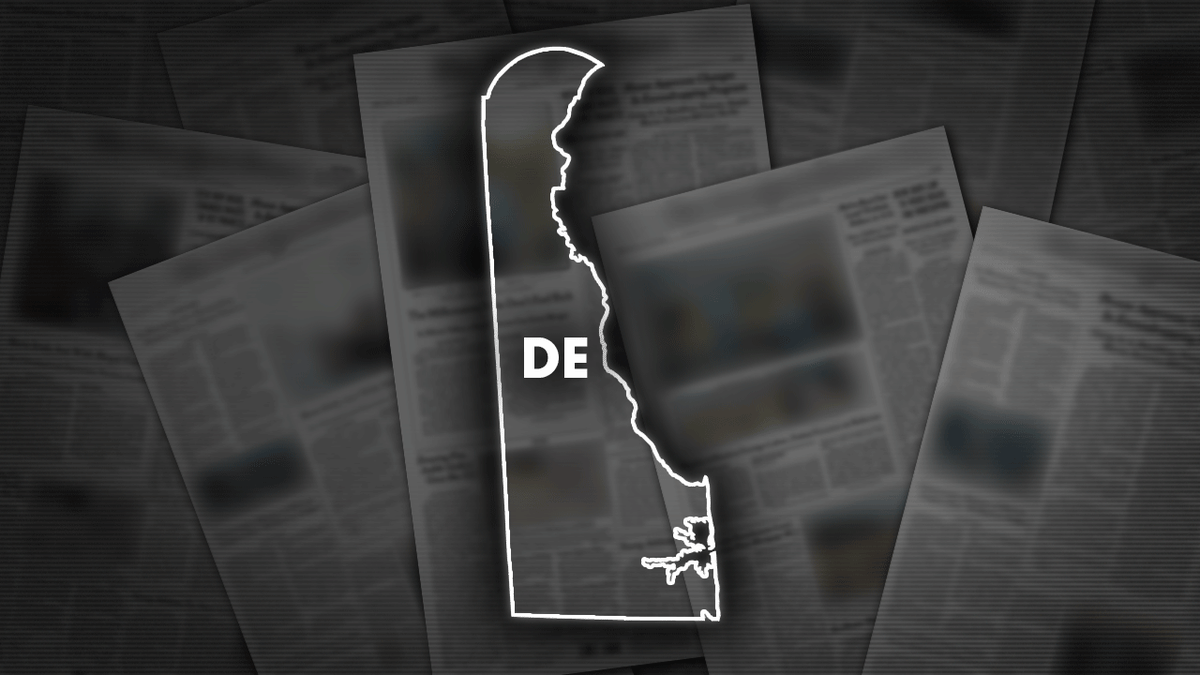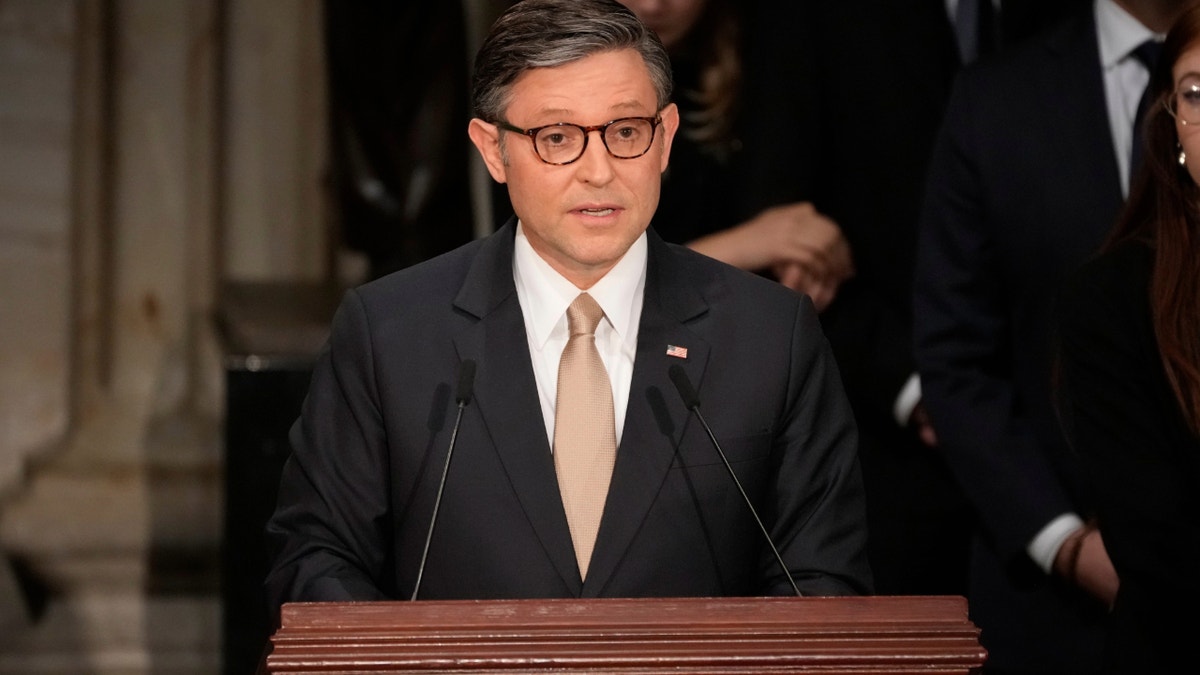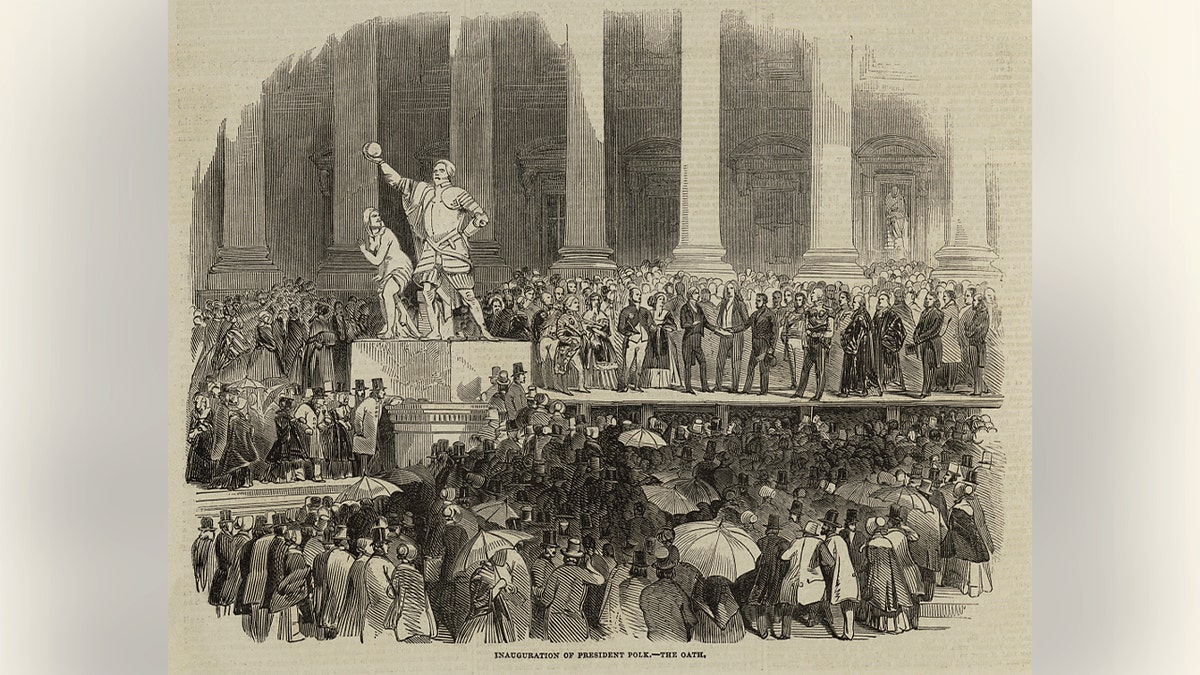The Delaware Supreme Court has delivered a final verdict in the ongoing legal battle over access to President Joe Biden's Senate papers housed at the University of Delaware. The court affirmed a lower court's ruling, effectively blocking a conservative media outlet and an activist group from obtaining the records. This decision comes amidst heightened scrutiny surrounding the management of government documents by public officials.
The FBI conducted searches at the University of Delaware earlier this year as part of an investigation into President Biden's potential mishandling of classified documents. This action underscores the sensitivity and significance of the records in question. Biden donated a substantial collection of documents to his alma mater in 2012, including over 1,850 boxes of archived papers and 415 gigabytes of electronic records spanning his 36-year tenure in the Senate. A gift agreement stipulates that these records remain inaccessible to the public until two years after Biden's retirement from public life.
The legal dispute began in April 2020 when Judicial Watch and the Daily Caller News Foundation submitted Freedom of Information Act (FOIA) requests to access the Senate papers and related donation records. The University of Delaware rejected these requests, arguing that the documents were not subject to FOIA because they did not involve the expenditure of state funds. This rationale was subsequently upheld by the Delaware Attorney General's office and a Superior Court judge. Although the university receives substantial state funding, it maintains private governance.
The Delaware Supreme Court initially overturned the lower court's decision in December 2021, remanding the case back to the Superior Court. The justices argued that the university had not adequately justified its denial, noting that their factual assertions lacked the necessary supporting evidence and documentation of a thorough search for responsive records. They emphasized that a public body must conduct a search for responsive records unless the request clearly falls outside the scope of FOIA.

Following the Supreme Court's intervention, Judicial Watch and the Daily Caller News Foundation narrowed their request, focusing on the gift agreement itself and communications between the university and Biden's representatives concerning the papers. However, the university still did not conduct a search, instead relying on a sworn affidavit from a university lawyer. This affidavit stated that no state funds were used in connection with the Biden papers, including the university's email system, which would have been the platform for any relevant communications.
Based on this affidavit, the Superior Court judge deemed the university's search adequate, a decision now upheld by the Delaware Supreme Court. Critics point out that the affidavit was based on conversations that predated the FOIA requests and the Supreme Court ruling, raising questions about the thoroughness of the university's efforts to comply with the FOIA process.








